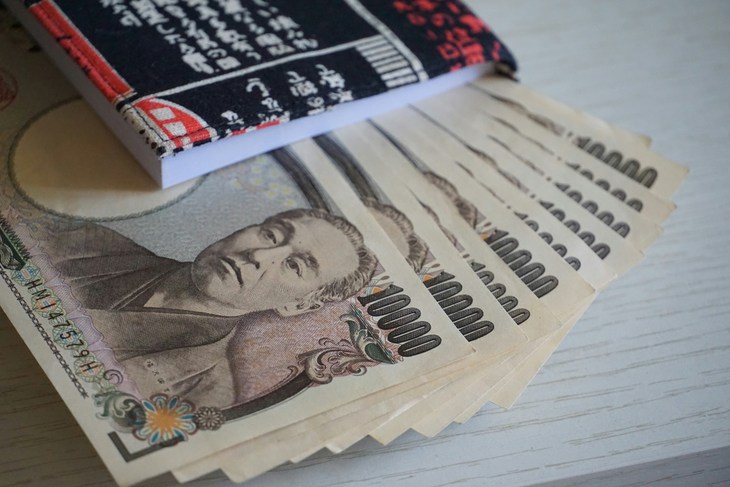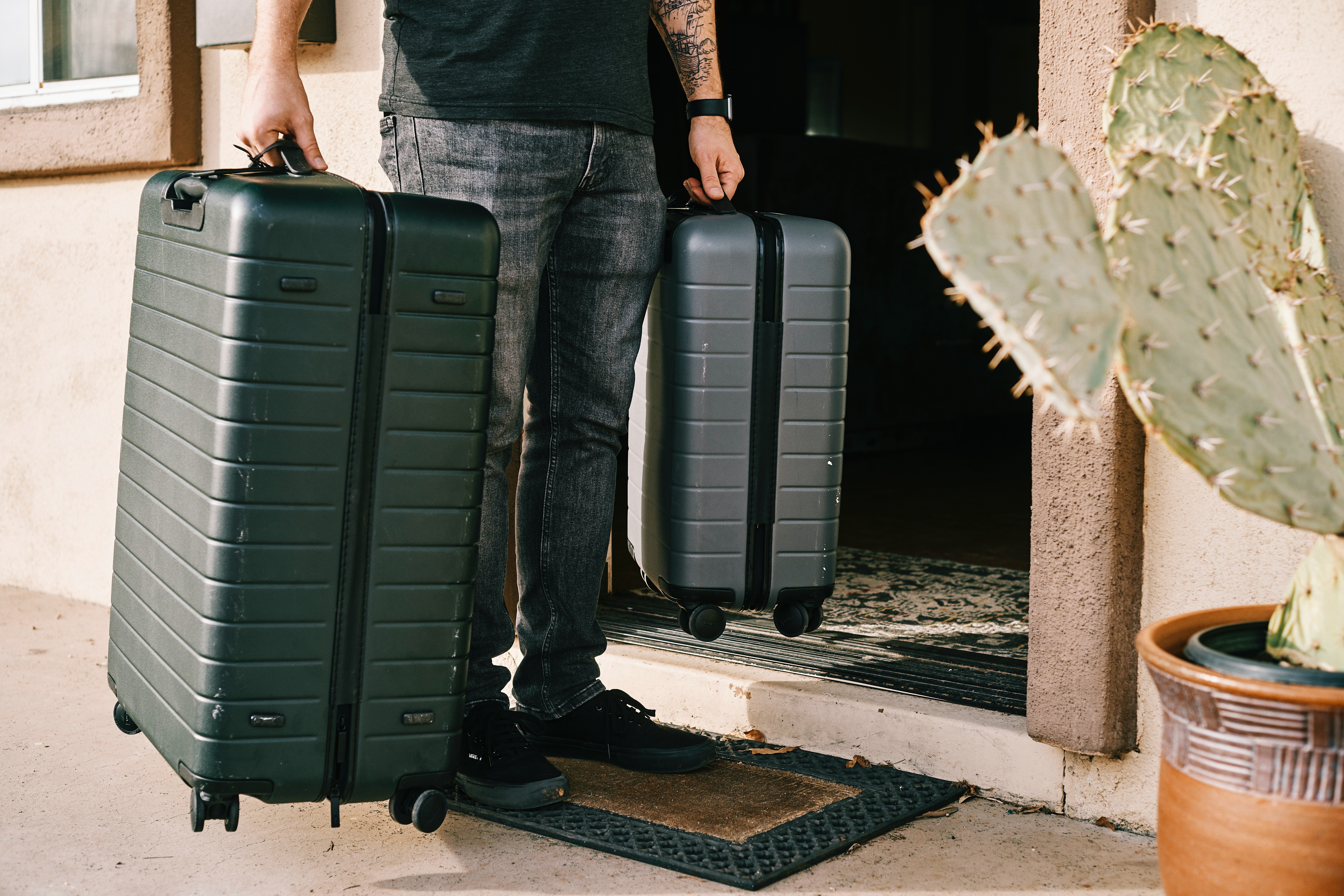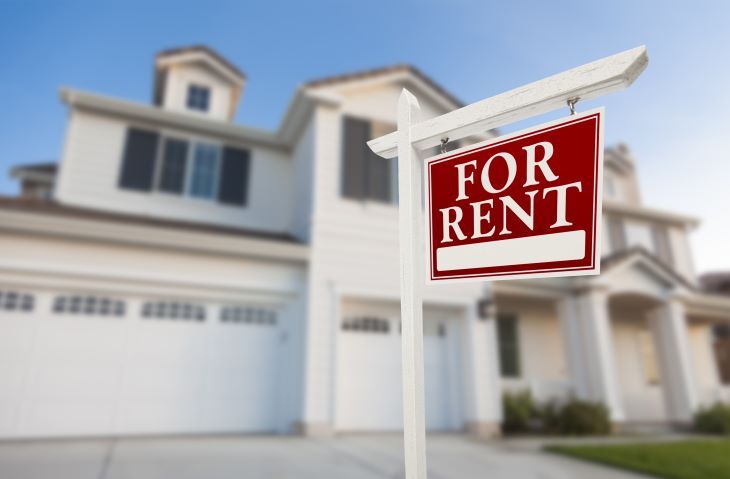What is Key Money in Japan? Do You Have to Pay?
Moving is never cheap, what with paying the first month's rent, security deposits, real estate agency fees, and all the costs of hiring movers or buying new furniture and appliances. In Japan, it can be even more expensive to move into an apartment than in many other countries, and a big chunk of that cost comes from key money.
Key money, or "reikin" (礼金), is a non-refundable fee you often need to pay on top of all the other fees that come with moving into a new apartment. It is usually the equivalent of one to two months' rent, but some landlords may be able to get away with asking for more than that if the apartment is in a highly sought-after neighborhood.
In some countries, security deposits are sometimes referred to as key money, but that's not the case in Japan. Here, you usually pay key money on top of a security deposit. While you can often get some or most of the security deposit back when you move out as long as you keep your apartment in good condition, you won't get the key money back. "Reikin" means gratitude in Japanese, so you're meant to think of key money as a gift to the landlord to show your gratitude for them letting you rent the apartment.
If you are from a country that doesn't have this kind of system, key money can come as a big, confusing, frustrating shock.
If key money doesn't make sense to you, you may be wondering why the practice of paying key money exists in Japan in the first place, and whether you can get out of paying it to save some money. Let's answer both of those questions.
Where Did Key Money Come From?
There's no one definite answer for where the practice of paying key money came from, but it is generally thought to have originated during the development of the real estate market in Japan after the Great Kanto Earthquake of 1923. With not enough building materials to go around and many people looking for new homes, people began to offer more money to landlords as a means of currying favor, securing a place to live, and showing gratitude to the landlord. Over time, this practice became a standard part of renting in Japan, especially during the post-war economic boom when people began to move into urban areas en masse.
What began as a way to express thanks to a landlord in tough times or to ensure that you could have somewhere to live has since then become institutionalized as part of the initial costs of renting, for better or for worse. While many people, including many Japanese people, don't like paying key money, it is a well-established cost of renting an apartment in Japan.
Do You Need to Pay Key Money?
If you want to rent an apartment and the landlord is asking for key money as part of the contract, then there's likely no way for you to get out of paying it. However, landlords and real estate companies need to be transparent about apartment rental fees before you sign any contracts, meaning you can know how much key money you'll need to pay and use that information to decide whether or not you want to rent that property. Beyond that, there are ways to reduce or avoid paying key money.
・Negotiate Reduced Key Money
There are no specific regulations about how much key money is supposed to be, meaning landlords can in theory make it as much or as little as they want. It is not uncommon for would-be renters to be able to negotiate paying lower key money by offering to pay higher monthly rent. This could end up costing you more over time if you stay at the apartment long-term, but does reduce the up-front costs of moving in and could save you a bit of money if you don't rent the apartment for an extended period.
・Find Apartments That Don't Require Key Money
In recent years, it has become more and more possible to find apartments that do not require key money. As you are searching for apartments, try to use websites or real estate agents that specifically let you search for apartments that do not ask for key money. Some rental companies provide relatively inexpensive one-bedroom apartments that, while quite small, are relatively inexpensive and don't require key money. For someone moving to Japan and looking to keep moving costs cheap, rental companies like these can be a good option.
Moving in Japan Doesn't Need to Break the Bank
Unfortunately, the reality is that key money is still required by many properties in cities all across Japan, especially in popular areas of cities like Tokyo. But as you are apartment-hunting, keep in mind that this situation is slowly changing. As rent and the cost of living in Japan slowly increase, more people will be looking to move to apartments where they don't need to pay key money. And as more people in Japan try to avoid paying key money, more landlords may need to stop asking for it in the first place. It may be that in the coming years, key money finally disappears in Japan.
Still, for now, if your ideal apartment asks you to pay key money to move in, you'll need to bite the bullet and pay it. But don't forget that if you do some searching, it's entirely possible to find a good apartment that won't ask for key money. Here at Tokyo Apartment Inc., we can help you find apartments that don't ask for key money as well.
Check out our website for more information and to search for properties that don't require key money.
























